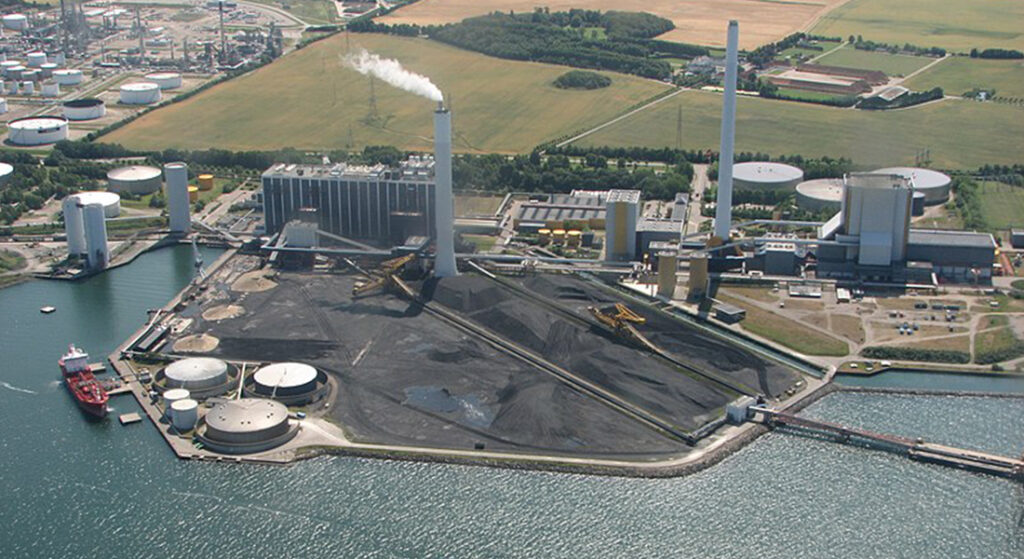Malawi’s Remarkable Progress in Forest Landscape Restoration: A Game-Changing Initiative
The African Forest Landscape Restoration Initiative in Malawi has made significant strides in restoring and protecting the nation’s forests and natural landscapes. Launched in 2015, the initiative aims to counteract environmental degradation caused by extractive farming, mining, and deforestation. According to a 2022 progress report, Malawi has restored approximately 1.7 million hectares of forest out of its commitment to restore 4.5 million hectares.
The country’s efforts include investing in agricultural technology, agroforestry, soil and water conservation, river restoration, and community management of forest lands. While challenges remain, the initiative’s benefits are evident in increased crop yields and improved livelihoods for farmers like Douglas Tana. The restoration efforts signal hope for a more sustainable future in the face of environmental challenges.
The 100% Fish Project: Transforming Cod Byproducts into Innovative Solutions
The 100% Fish Project in Iceland has revolutionized the utilization of cod byproducts, demonstrating how the country’s seafood sector can contribute to environmental efficiency. By repurposing almost 95% of a cod, Iceland has generated products such as Omega-3 capsules, cold virus pretreatment sprays, and dog snacks from once-discarded detritus.
One remarkable application involves using grafted cod skin for medical treatments, effectively aiding burn victims and patients with open wounds.
The project has also boosted the aquaculture industry with lower-impact fish meals and explored upcycling farmed salmon skin into leather for accessories. Additionally, innovative uses for cod bones, collagen-rich skin, and calcium extraction show promise in further reducing waste and creating value from the whole fish. As the 100% Fish Project expands, it presents an optimistic model for sustainable resource utilization in the seafood industry.
Renewable Energy Key to Economic Resilience: Study Finds Strong Link

New research published in Ecological Economics suggests that countries with a significant reliance on renewable energy recover faster from economic crises. The study analyzed 133 economic crises in 98 countries over a 40-year period (1970 to 2011) and found that the amount of renewable energy used was the best predictor of economic recovery. Countries with diverse energy sources experienced slower recovery times.
The researchers emphasize that the link between renewable energy and economic recovery is correlative, and the exact mechanisms behind this connection remain unclear. However, locally-produced renewables are hypothesized to accelerate recovery due to their stability and independence from the volatility of fossil fuel prices.
The study highlights the importance of reevaluating national and international energy policies to enhance economic stability and sustainability.
Heat-Resistant Algae Offers Hope for Endangered Corals Amid Climate Change

The warming climate and extreme temperatures have severely impacted coral reefs, with approximately half of all coral dying since the 1950s due to coral bleaching. However, a recent study published in Proceedings of the Royal Society B reveals a glimmer of hope. Scientists have identified a type of coral, antler coral, which can thrive in warmer waters thanks to its partnership with heat-resistant Durusdinium glynnii algae. Unlike other coral-algae pairs, this duo shows no significant drawbacks to growth and survival during heat waves.
The findings offer the potential for developing “super corals” that can withstand rising temperatures and help preserve coral reefs for the future. Human-driven climate change remains a pressing threat to coral survival beyond the coming decades.
Egypt to Lead the Way: Building Africa’s Largest Wind Farm for Clean Energy Transition
Egypt has taken a significant step towards embracing clean, renewable energy by signing an agreement with a consortium of energy companies to build the largest wind farm in Africa and one of the largest in the world. The 10-gigawatt onshore wind farm is expected to help Egypt achieve its target of sourcing 42% of its energy from renewables by 2030.
This massive wind farm is projected to produce 42,790-gigawatt hours of energy annually, significantly reducing Egypt’s carbon emissions by 23.8 million tons and saving $5 billion in natural gas costs yearly. Besides environmental benefits, the project will create thousands of jobs and strengthen ties between the UAE and Egypt.
The initiative sets an example for other nations in the Middle East and Africa, demonstrating the feasibility and necessity of transitioning to sustainable technologies in the global fight against climate change.



